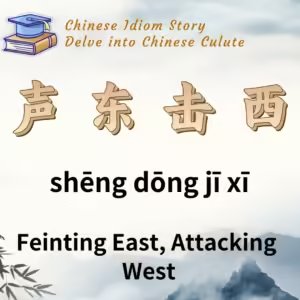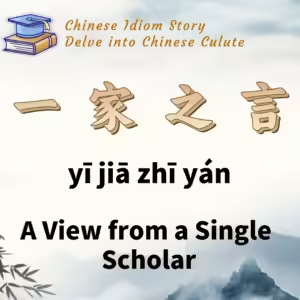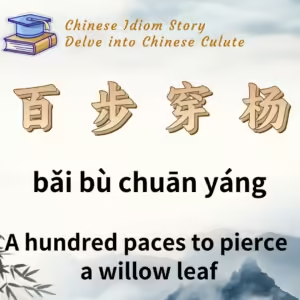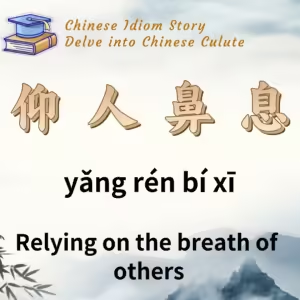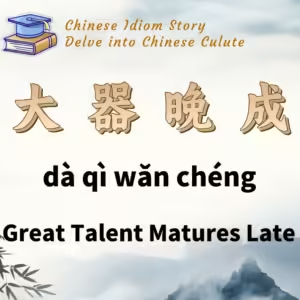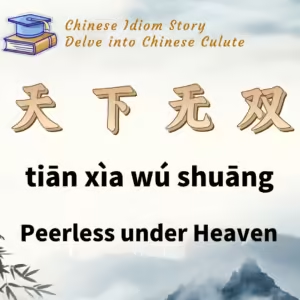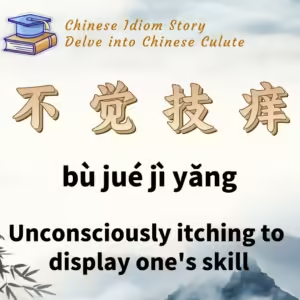
Chinese Idiom: 不觉技痒 (Bu Jue Ji Yang)
English Translation: Unconsciously itching to display one’s skill
pīn yīn: bù jué jì yǎng
Idiom Meaning: This idiom refers to someone who is highly skilled in a particular craft or art and feels an irresistible urge to showcase their talents when given the opportunity. The term “技痒” (jì yǎng) describes the feeling of “itching” or an eagerness to display one’s skills.
Historical Source: Fengsu Tongyi (《风俗通·声音》) by Ying Shao, also referenced in Records of the Grand Historian (《史记·刺客列传》) by Sima Qian.
Idiom Story:
During the late Warring States period, there was a man from the state of Yan named Gao Jianli, who was a close friend of the famous assassin Jing Ke. Gao Jianli was a master of playing the zhu, an ancient Chinese stringed instrument similar to a zither. The two friends often drank together, with Gao Jianli playing the zhu while Jing Ke sang along.
When Jing Ke was sent by Prince Dan of Yan to assassinate the King of Qin, Gao Jianli and other friends accompanied him to the Yi River for a farewell. At the riverbank, Gao Jianli played the zhu, and Jing Ke sang the famous line: “The wind is bleak, the Yi River is cold; the brave man is off, never to return.” The assassination attempt ultimately failed, and Jing Ke was killed in the process.
After the unification of China under the Qin dynasty, the Qin King (later known as Qin Shi Huang) ordered the pursuit of Jing Ke’s associates. Gao Jianli fled and went into hiding, taking on a new identity as a laborer in a remote village.
One day, while working for a wealthy family, Gao Jianli overheard the sound of the zhu being played during a banquet. Unable to contain himself, he began commenting on the performance, pointing out where the playing was good and where it could be improved. His fellow workers reported this to their master, who invited Gao Jianli to perform.
Gao Jianli’s extraordinary talent was immediately recognized, and he was showered with praise and invitations to perform at various gatherings. He eventually decided to stop hiding and returned to his old self, dressing in his former clothes and retrieving his zhu from its case.
His fame quickly spread, and Qin Shi Huang, the Emperor, heard about this master zhu player. The Emperor summoned Gao Jianli to his court, where someone recognized him as the associate of the assassin Jing Ke. Although the Emperor admired Gao Jianli’s skill, he could not forgive his association with Jing Ke and ordered that Gao Jianli be blinded but allowed him to remain at the court to play music.
Gao Jianli, however, harbored deep resentment towards the Emperor. One day, he secretly filled his zhu with lead, making it heavier. As he played for the Emperor, he suddenly raised the zhu and attempted to strike the Emperor with it. Although he missed, Gao Jianli was immediately executed for his attempt on the Emperor’s life.
The phrase “不觉技痒” comes from Gao Jianli’s experience, where he could not resist the urge to display his musical talent despite the danger it posed. Today, the idiom is used to describe someone who, being highly skilled, feels an uncontrollable desire to demonstrate their abilities.

